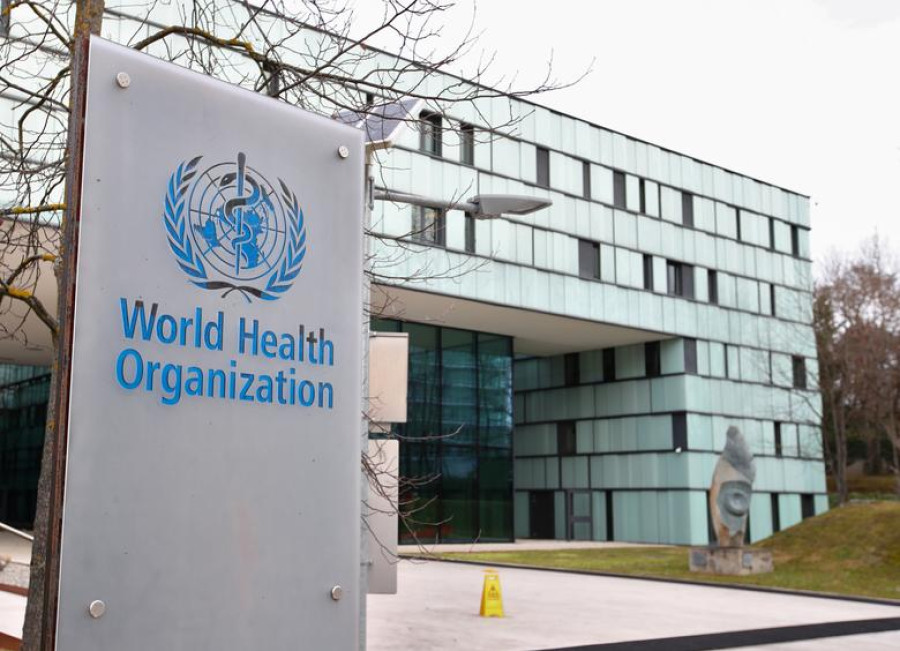Health
As infections surge uncontrolled in the country, WHO says Nepal has emergency needs
In his regular press briefing the UN health agency’s director general also called on rich countries to help in the equitable distribution of vaccines to avoid a ‘moral catastrophe’.
Post Report
As the number of coronavirus infections continue to surge uncontrolled and deaths mount, World Health Organisation's director general Tedros Adhanom Ghebreyesus has said that Nepal has emergency needs.
While addressing a regular media briefing on Covid-19 on Friday, Ghebreyesus said that India remains hugely concerning, with several states continuing to see a worrying number of cases, hospitalisations and deaths.
WHO has shipped thousands of oxygen concentrators, tents for mobile field hospitals, masks and other medical supplies to India.
“But it’s not only India that has emergency needs,” said the UN health agency chief. “Nepal, Sri Lanka, Vietnam, Cambodia, Thailand and Egypt are just some of the countries that are dealing with spikes in cases and hospitalizations.”
Nepal on Friday reported 8,467 new coronavirus cases and 203 deaths throughout the country. The countrywide death toll has now reached 4,669. The number of active cases stands at 107,336. The positivity rate was 40 percent on Friday, a dip from the mid-40spercent in the past few days and 52 percent on Monday.
Health facilities throughout the country, designated for treatment of the patients infected with coronavirus have already been overwhelmed. The nation-wide immunisation drive, launched on January 27 has been halted for an indefinite period due to the lack of vaccines.
Ghebreyesus said that alongside public health measures, vaccination is key to controlling this pandemic.
“The fact that so many are still not protected is a sad reflection on the gross distortion in access to vaccines across the globe,” said the WHO chief, who earlier in September warned about the threat of vaccine nationalism. “In January, I spoke about the potential unfolding of a moral catastrophe. Unfortunately, we are now witnessing this play out.”
He said that in a handful of rich countries, which bought up the majority of the vaccine supply, lower risk groups are now being vaccinated.
“I understand why some countries want to vaccinate their children and adolescents, but right now I urge them to reconsider and to instead donate vaccines to COVAX,” he said, referring to the programme to provide vaccines for free to the world’s poorer countries.
The WHO said that in low and lower-middle income countries, vaccine supply has not been enough to even immunize health and care workers, and hospitals are being inundated with people that need lifesaving care urgently.
At present, only 0.3% of vaccine supply is going to low-income countries, Ghebreyesus said.




 11.12°C Kathmandu
11.12°C Kathmandu













